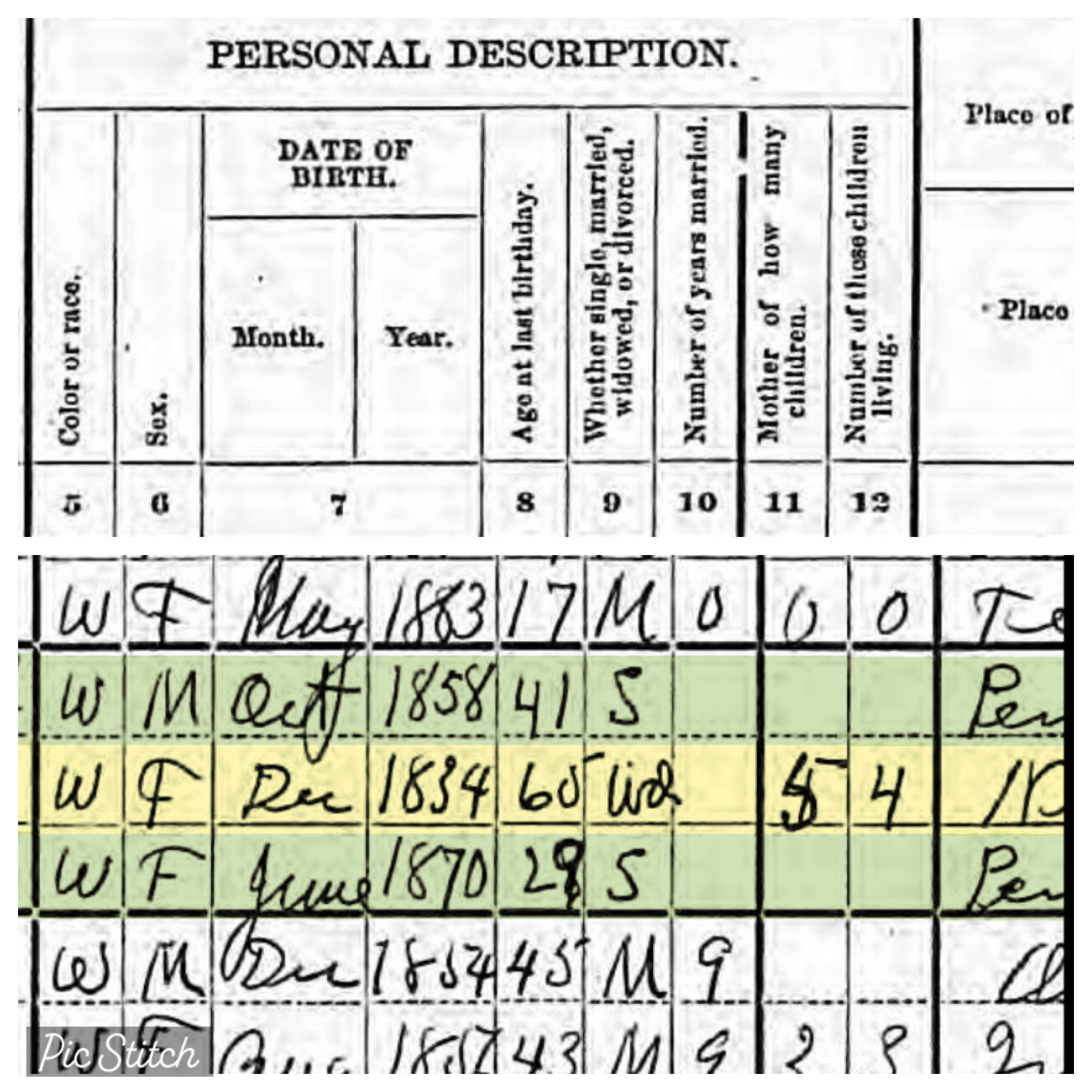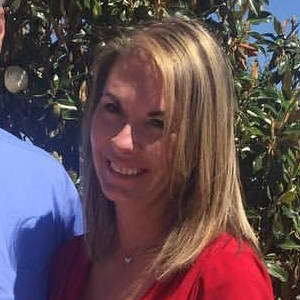We are on a genealogy trip and will be looking for some records of babies that had been born at some point but that we did not know about. In the 1900 census it shows my great great grandmother had given birth to five children and four were living. Where do you even start with no information other than this? While there are no easy answers here are a few things you can try.
Use the naming system of the country of origin.
Try utilizing the naming system the country of origin uses to look for names in birth or death records. So if your ancestors are Irish like mine you can try; 1st son named after the paternal grandfather (his father's father); 2nd son after the maternal grandfather (his mother's father); 3rd son after his father; 4th son after his eldest paternal uncle (his father's eldest brother) and so on in that order. While not followed as rigidly as sons it is still good to know how daughters were named too; 1st daughter named after the maternal grandmother (her mother's mother); 2nd daughter after the paternal grandmother (her father's mother); 3rd daughter after her mother; 4th daughter after her mother's eldest sister; and so on in that order. You will need to look up your family's country of origin and of course not everyone followed the naming pattern for many reasons. Yet, it is a place to start.
Use specific record types in specific ways
Look for baptism records. Once again you will have to research if there are any special religious observations your ancestors may have followed. One such religious belief was being baptized within 3 days of a child’s birth. Also pay attention to the dates especially when names are duplicates. If a baby’s given name was important and that child died in some cases the next baby of the same sex will be given the same name. Why would they do this? If it was important or the person with the name was important they would want to keep that name alive.
Look for gaps in birth years
Census records may also give some clues. Besides using the 1900 and 1910 census to see how many children had been born, you can also use the ages of the children in any census. If the children are a certain number of years apart and all of a sudden there is a bigger gap you could start your search for the years in between for the missing child. Another thing you can use if you know when the parents were married and they did not have a child for a few years they may have lost an early pregnancy.
Hopefully these suggestions will give a step up to helping find any missing children in your family. I know that I was shocked to find out there are children out there that have long been lost to memory. But they deserve a place in our family tree.
We can help
If you need any help finding your ancestors, just let us know.


